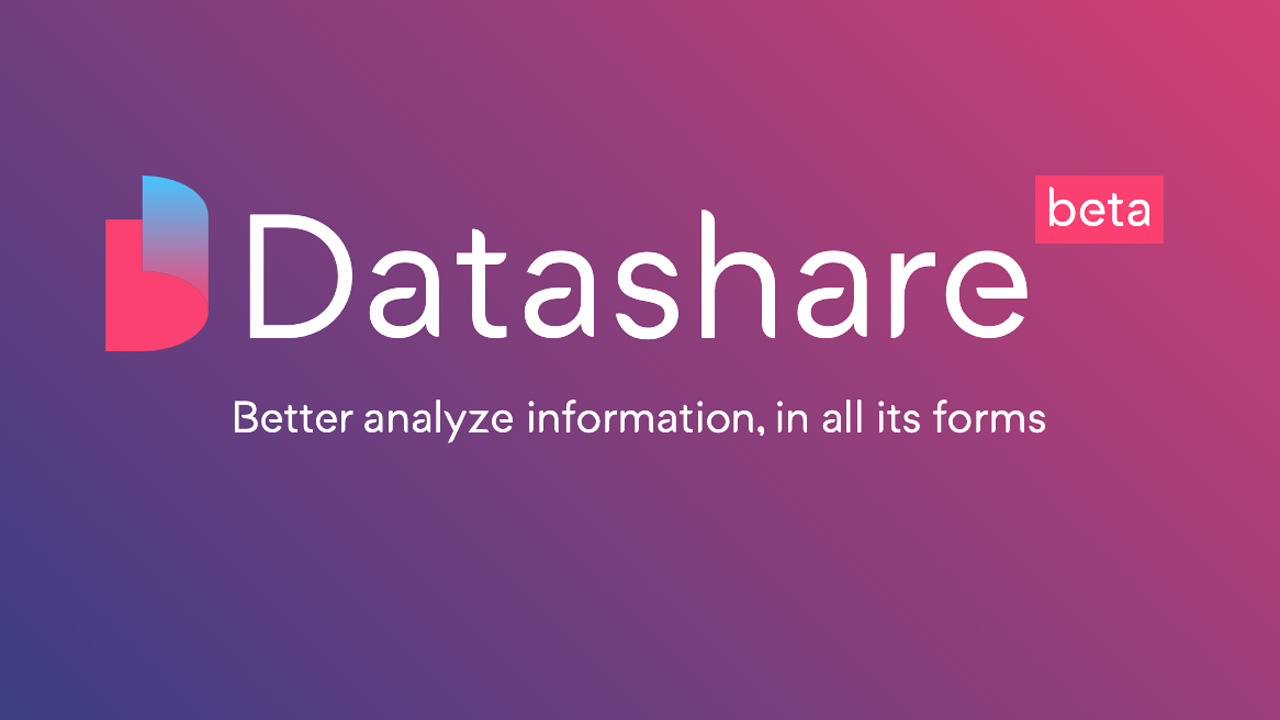Datashare has been helping journalists, citizen sleuths and general data nerds (like us!) analyze documents for more than a year now.
Thanks to feedback received via our public Github, emails and during conferences, we’ve made a number of improvements to the software over the past 12 months.
While Datashare is still in beta, our team now needs a more detailed analysis of how users are interacting with the current version, and what they think of it.
If you’re a Datashare user, we’d love you to fill this survey. It shouldn’t take more than 15 minutes. We’d be delighted to read your opinion and continue making Datashare even more user friendly:
If you don’t already have the latest version, you can (and should!) download it for free – or you can browse the online demo version.
In the latest version, you will find the following features:
- A lighter version of Datashare – The default version is now easier to install and it can be used on more machines.
- Document indexing – You can automatically analyze your documents in various formats (PDFs, images, emails, spreadsheets, presentations, etc.) and search all of them in Datashare.
- Named entity finding – Datashare can automatically find names of people, organizations, locations and email addresses in your documents.
- Search with operators and Regex – Datashare helps you make precise searches thanks to operators such as AND, OR, NOT, as well as allowing for queries that use wildcards, fuzziness, proximity searches, boosting operators, and regular expressions. You can explore your documents in tables, lists or in a grid view.
- Filter documents – The list of filters now includes stars, tags, recommended by, file types, creation dates, languages, people, organizations, locations, paths, extraction level, indexing dates.
- Batch search of list of queries in documents – Instead of searching for a list of queries one by one, just upload a list of search terms (e.g. a list of local elected officials or known subsidiaries of a company) and get the results in a tabular format.
- Star, tag and recommend – To make it easier to navigate and organize documents you’re interested in, you can star and tag them. The new ‘Recommend’ button helps you work in collaboration with partners (if you installed Datashare on a server), by allowing users to flag documents of interest for each other.
- Keyboard shortcuts – You can save time and use a list of keyboard shortcuts.
- Insights – You can count and visualize the number of documents by creation date.
- Collaborative version on a server – Datashare can be used by an organization or a group of people who want to work together on the same documents. We have documented the server mode here.
- Four languages – Datashare is now available in English, Spanish, French and Japanese. You’re always welcome to help us internationalize Datashare by contributing to translations through Crowdin.
Follow the latest news with the hashtag #ICIJDatashare on Twitter.


